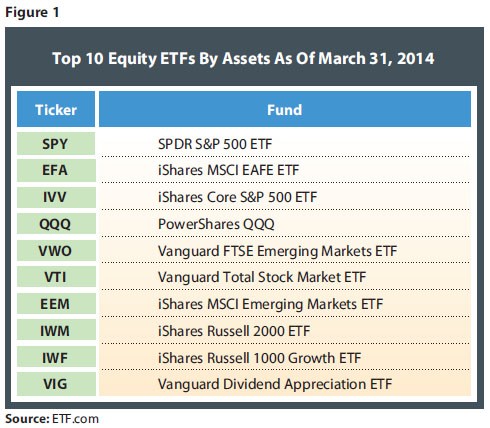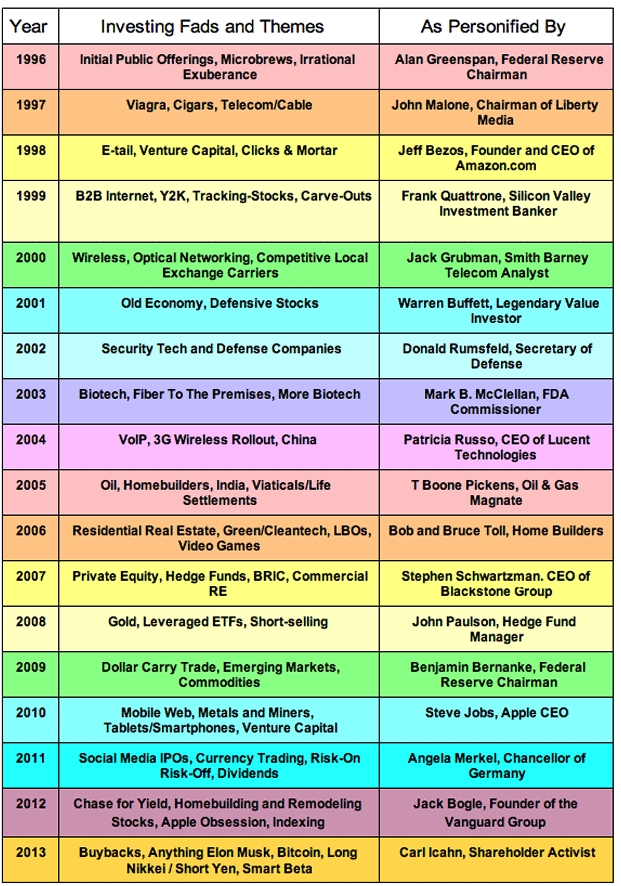SmartBeta ETF Investing 5 Shockers About This Stock Market Fad
Post on: 18 Июнь, 2015 No Comment

Like colors on fashion runways, investing products go in and out of style in the stock market. For ETF diehards, the latest are smart-beta ETFs.
Also called fundamentally enhanced or active indexing, they’re a hybrid of passive indexing and quantitative investing strategies.
They pick holdings and weight them based on fundamentals such as sales, earnings, dividends, volatility, proprietary indicators and models in hopes of beating plain-vanilla index funds weighted by market capitalization.
I couldn’t tell you whether they really live up to their sales pitch or not, but I do think there’s a lot of interest in them, said John Jacobs, executive vice president of Nasdaq OMX Group. I look at them as a complement (to a portfolio). It should overall give your portfolio some extra boost and a chance to outperform.
PowerShares originated the concept with its Dynamic and FTSE RAFI ETF families.
First Trust calls its Alpha.
This year iShares jumped on the bandwagon with Enhanced and Momentum ETFs.
State Street Global Advisors introduced Low Volatility ETFs.
Other buzzwords in such ETF names include alpha, beta, fundamental, risk-adjusted return, select, strategy, tactical, tilt and pretty much anything with a fund manager’s name in the title.
Such as: AdvisorShares Accuvest Global Opportunities ETF ().

Since 2010, inflow into fundamental ETFs nearly doubled to $19.3 billion as of Oct. 10, according to Morningstar. They accounted for two of every five of the 283 ETF launches the past two years.
But a handful of them have closed, and three dozen are listed on Ron Rowland’s infamous ETF Deathwatch list featuring exchange traded funds in danger of closure because of anemic assets.
Here are five facts that investors might want to consider before jumping aboard this trend.
1. No historic performance.
Schwab (NYSE:SCHW ) unveiled in August a family of six Fundamental ETFs. They offer exposure to large caps, small caps and international stocks screened based on sales, operating cash flow, dividends and buybacks. The group starts with a universe of stocks in the Russell 3000 Index and scores stocks based on those variables. The stocks are more or less weighted based on their scores and rebalanced quarterly.
It might sound like a smart idea, yet investors can’t do their homework because no back-tested data exist for any of these Schwab ETFs or their competitors. Securities and Exchange Commission rules prohibit ETF providers from brandishing historical results, although the index providers can.














